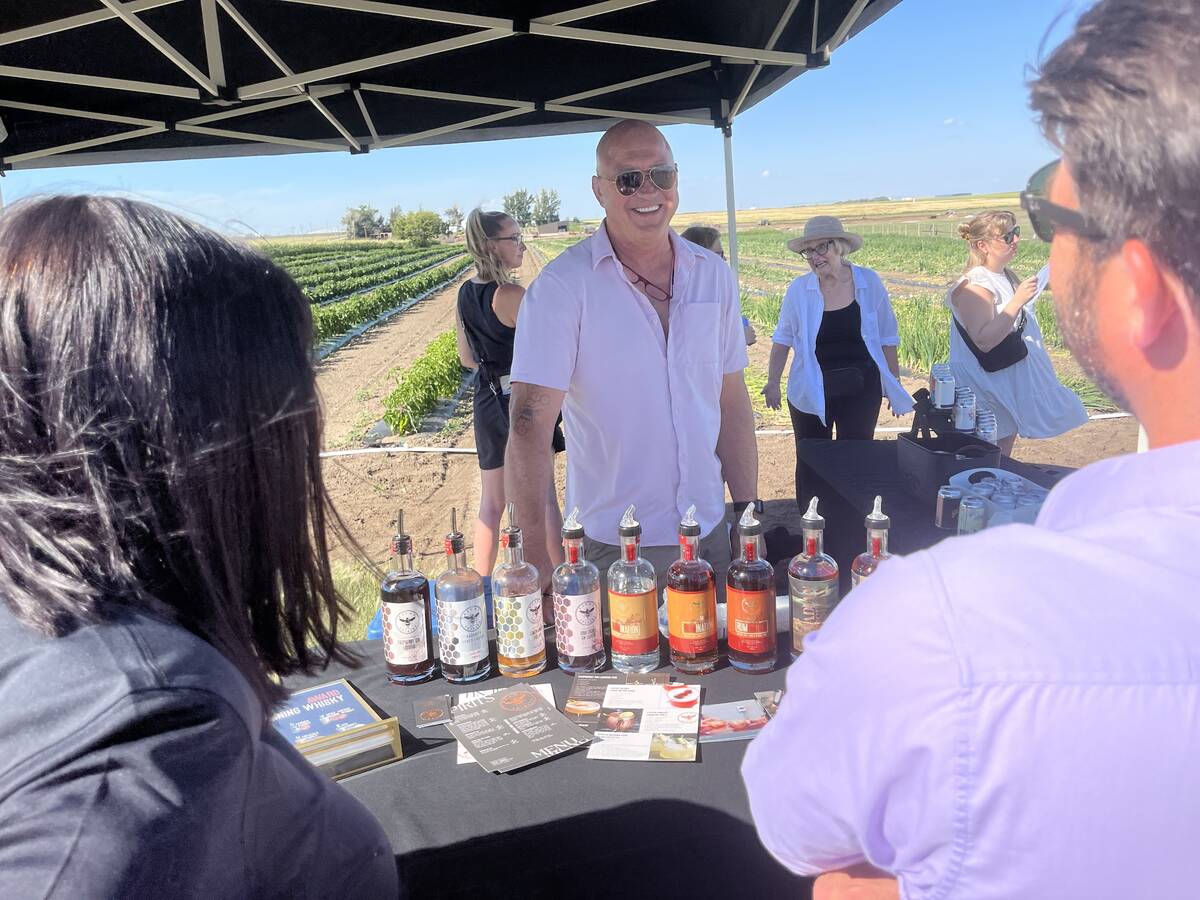Coming together with a group of 15 strangers may have been the hardest part of a week-long exercise to solve world hunger.
Delegates to the first ever 4-H Youth Ag-Summit in Calgary met Aug. 19-25 to prepare a practical strategy and vision statement on how to feed nine billion people by 2050.
“I thought the hardest thing was coming together on that first night and everyone had a different idea,” said Canadian delegate Emilie den Hamm.
“This is the funnest group I have ever been in and we came from so many diverse backgrounds. Initially it was hard for us to come together on anything, and the last day everything came together.”
Read Also

From farmer to award-winning distiller
Pivot Spirits showcases transition from farmer to distiller with provincial award-winning results in Alberta for Lars Hirch
They had to show respect and lenience, and the ideas started to flow as they got to know one another.
Den Hamm’s group came up with a concept called IDO, an international development organization that would act as a clearing-house for aid groups and charities. It would register and certify each group’s goals and help them raise money and supplies more effectively.
“When we started talking about solutions, it became very clear, very quickly we had a lot of the same ideas and once we decided we wanted an organization, it became fairly easy to integrate all the ideas we had,” said Brittany Williams of the United States.
Everyone in the group had an agriculture background and some had done international aid work, so they understood the challenges.
“I had a chance to see how funding limits their production and their growth, so it is a very different dichotomy from large scale interventions like UNICEF in comparison to local ones trying to do a job in a community,” said Graeme Reed of Canada, who has worked in Kenya.














